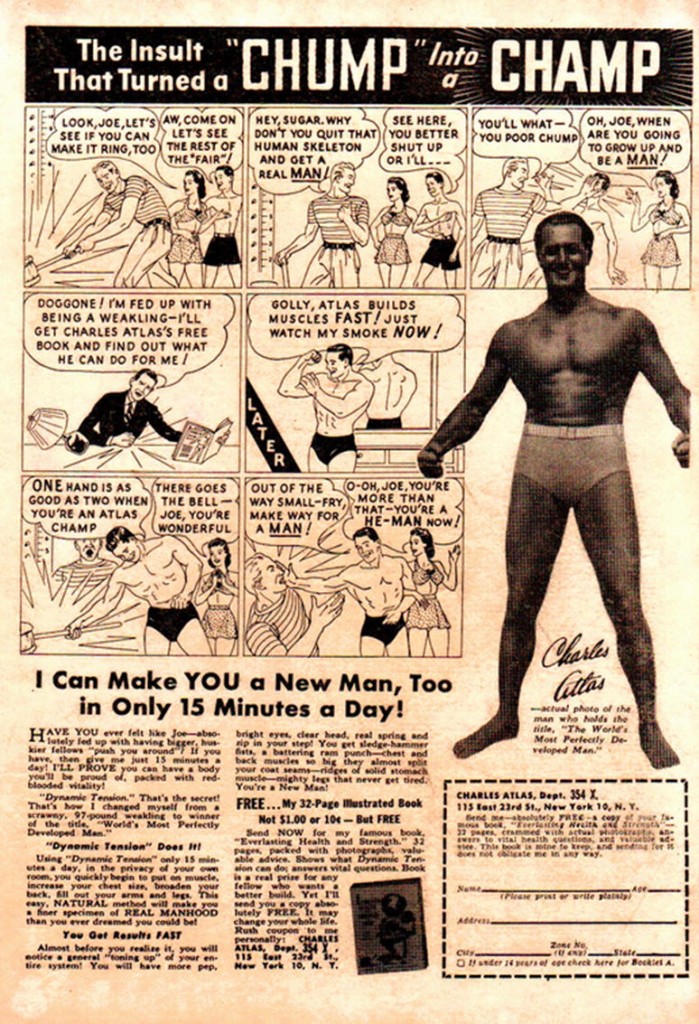The Necessity of Copywriting for Christian Entrepreneurs in Spiritual or Secular Businesses
“If you talk to people in a language they don’t understand, how will they know what you mean? You might as well be talking to an empty room.”– 1 Corinthians 14:9
Unexpected Insight part 5 was about writing for ministry purposes. I want to get back to talking about business.
One of the most important qualities of strong copy is clarity.
As a writer, you should be easy to understand, and you should attempt to make the world easier to understand through your writing. No one wants more complexity in their lives. Colin Powell is quoted as saying “Great leaders are almost always great simplifiers.” Donnie Bryant says that great writers are almost always great clarifiers.
Have you ever visited a website that made absolutely no sense to you? Read a letter that confused you instead of answering your questions? How does that experience make you feel about the other party?
Yet so many businesses I know spend as little time as possible putting together their messaging. They see it as a chore to get out of the way. “Let’s get to the selling!”
But confused prospects never buy.
Weak copy doesn’t answer questions, overcome skepticism, or demonstrate value.
What would happen if prospects were smarter and better-informed just for having visited your website? How much more likely are they to trust you over the guy who just threw some words on the page? How much more likely are they to believe that you understand them? How much more likely are they to connect with you and buy from you?
You must be able to write copy in an engaging, easy to understand way. Avoid trying to impress your readers. They’re not reading your message to admire your vocabulary or sentence structure. Gene Schwartz said that if someone read an advertisement and their response was “that was a great ad,” the ad was a failure. Instead, the reader should come away with a greater appreciation for, understanding of and desire for the product and the benefits that come with it.
This isn’t poetry.
Horace Greeley said that “The best style of writing, as well as the most forcible, is the plainest.” Say what needs to be said in the most consumable way possible.
You will lose a lot of readership by using big words, convoluted sentences and ambiguous statements.
Write and speak to be understood, not to impress. Not to make yourself feel smart. The Bible says that if the trumpet gives an uncertain sound, who will prepare himself for battle (1 Corinthians 14:8)?
Let there be no uncertainty in how you write. Business is no place for poetry or ambiguity. Clarity is of the utmost importance.
Spend the time necessary to write clearly and convincingly. You’ll never regret doing so. Or, enlist the help of someone you can trust to do a great job writing for you.
What’s the point of communicating if the reader doesn’t know what you’re saying?
—–
If you missed them, you can read Parts 1, 2, 3, 4 and 5 of this series.





